
African Risk is not Fairly Priced
RMB's Miranda Abraham says investors in Africa deserve to be fairly compensated for the risk they take.

RMB's Miranda Abraham says investors in Africa deserve to be fairly compensated for the risk they take.

If you’re reading this, there’s a very good chance you’re already familiar with the acronym ESG. Standing for “environmental”, “social”, and “governance”, it’s a constantly evolving standard that emphasises the importance of doing business in a way that positively impacts the environment, society and stakeholders. In essence, it’s the idea that companies can grow and profit while doing good and it encourages businesses to be more transparent about how they add to or create value for their society, community and/or stakeholders.
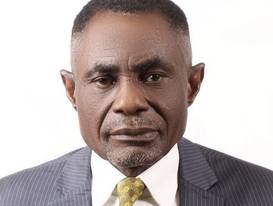
In Nigeria, Baba ‘go slow’ has been replaced with Bola go-go-go! Aside from an entire reset of central bank policy, Bola Tinubu has done more to advance energy transition in his first month as President than past leaders achieved in decades.
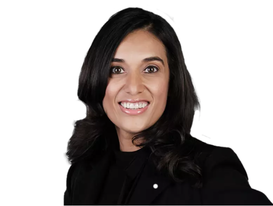
Africa Global Funds’s Anna Lyudvig speaks with Valdene Reddy, Director: Capital Markets at the Johannesburg Stock Exchange (JSE) about the market trends in South Africa, IPOs and technology.

Following a year that was a hard period for most asset classes, 2023 has started with a bang. Global equities are up 13.92% as of 14 February, global property is up 14.04%, emerging markets are up 11.76%, the JSE top 40 are up 10.28%, and even South African government bonds are up 2.82%.
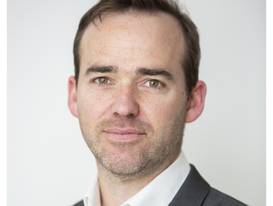
Far from the return to normal that many thought it would be, 2022 presented a whole host of new geopolitical and economic challenges that completely upended the investment landscape. Supply chain issues - already a problem during the COVID-19 pandemic - were aggravated by the war in Ukraine and ongoing tensions between China and the West. Those issues helped exacerbate the kind of inflation not seen for decades. In a bid to curb inflation, central banks around the world have dramatically increased interest rates, effectively bringing to an end to the era of “free money” that followed the 2008 Financial Crisis.

The investment world’s fixation on global inflation and whether we are approaching the peak and heading towards a recession, has many investors sitting on cash, waiting for signals of a better market. Despite this, investing in South Africa presents a convincing opportunity.
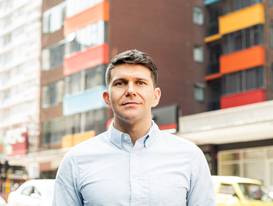
At the height of the COVID-19 pandemic, the world was primed for a substantial increase in health and biotech spending and investment. Governments and the private sector alike promised to dedicate funding so that they would be adequately prepared for the next pandemic if or when it came.
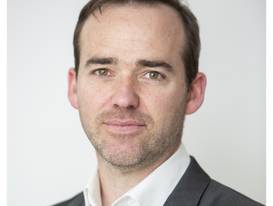
The world is beset by extreme inequality. In fact, a study released in December 2021 found that global inequality is at levels not seen since the peak of Western imperialism. And, while we tend to focus on things like income inequality and unequal access to resources, there are also serious levels of inequality in the investment space.
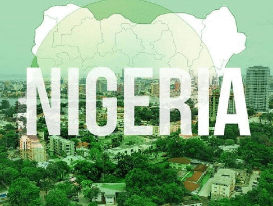
Banks in Nigeria could see reduced earnings, alongside weaker lending growth and asset quality, after the Central Bank of Nigeria (CBN) raised its main monetary policy rate (MPR; repo rate) by 150 basis points (bps) on September 27. The monetary policy committee's latest move not only raises the repo rate to 15.5%, but also banks' cash reserve requirement to a minimum of 32.5% (up 500 bps), amid persisting foreign exchange shortages in the country.
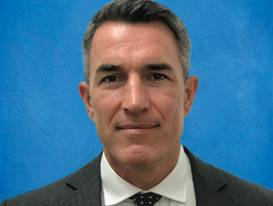
Emerging markets are resilient and better positioned than developed markets to face the current uncertain global environment, according to Franklin Templeton Emerging Market Equity’s Andrew Ness.

The global venture capital (VC) ecosystem is no stranger to the common challenge that female entrepreneurs face – lack of funding. Research by the World Bank shows that for every $1 invested in women, $25 goes to men in the African startup space.

We are currently in a very uncertain period of abnormally high inflation, increasing interest rate cycles, increased global geopolitical risks, decreasing global liquidity and potential recessions. Although recessionary fears seem to have abated for the time being, at GraySwan we remain cautious of implementing shorter-term strategies against a backdrop of market uncertainty. Instead, we urge investors to consider hedging as an effective risk management tool to provide better portfolio protection and diversification.

One of the most topical issues occupying the minds of leaders in governments, policy makers, corporates and scenario planners alike in recent times must undoubtedly be the adverse effects of global warming. Apart from a few climate change denialists, there is general consensus in the scientific community that worldwide adverse and erratic climate conditions experienced in recent years are largely attributable to global warming.